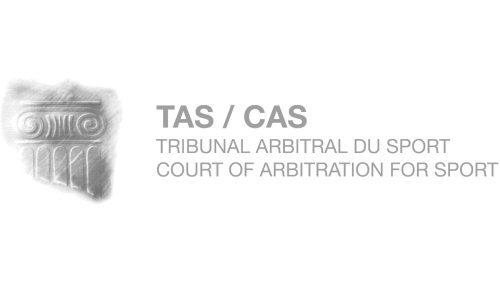The U.S. Equestrian Federation has approved its first general rule addressing blood on horses. The rule gives guidance to officials on how to address instances of blood on horses. It allows horses with “minor cases of blood,” such as those that have bitten their lip or tongue, to continue competing, providing an official can wipe the blood away and no more appears.
The change was approved last week at a USEF board of directors meeting. While some breeds and disciplines, such as dressage, already have blood rules in place, the modified GR843 will be the first specifically addressing blood for others, including show hunters.
“The rule is intended to protect horse welfare while acknowledging that a variety of situations may result in the presence of blood on a horse,” stated an Aug. 26 USEF press release announcing the change. “According to the updated rule, blood caused by the rider/handler or equipment requires the horse to be eliminated from the relevant class. The new rule language also states that the presence of blood on horses will be reviewed on a case-by-case basis by a licensed judge or ground jury.
“USEF recognizes that horses may sometimes bite their tongue or lips in the normal course of work,” the statement continued. “If minor blood is spotted in a horse’s mouth, the new rule allows the licensed judge or ground jury to rinse or wipe the horse’s mouth and permits the horse to continue if there is no further evidence of blood. If bleeding continues, the horse will be eliminated.”
In cases where a specific breed or discipline’s rules are stricter than the updated blood rule, such as in dressage, those more stringent rules will take precedence in competition.
ADVERTISEMENT
In cases where blood is found on a horse competing in a class that is a qualifier for another class, a judge can stop a horse, examine it and determine whether it may continue, or examine it after the class if the blood is not spotted until then. In such cases, if the horse is allowed to continue and has otherwise qualified for the subsequent class, such as a championship or a jump-off, it may compete as long as the bleeding is resolved.
The rule will go into effect Dec. 1. USEF has created a “frequently asked questions” page to help answer questions about it.
Also at the Aug. 26 meeting, the USEF board of directors approved a rule change allowing points and money won earned in Channel II (Regional hunter and Jumper Level 1-3) competitions to be applied to both Channel I and Channel II Horse of the Year awards.
On Aug. 21, a presidential modification went into effect waiving the requirement to have the full qualifying criteria and official specifications posted on the USEF website 30 days prior to the start of the qualifying period for the USEF Pony Hunter National Championship and USEF Junior Hunter National Championship. According to the USEF’s release, this modification will allow organizers to incorporate feedback from this year’s championships into next year’s qualifications. Click here for more information.














